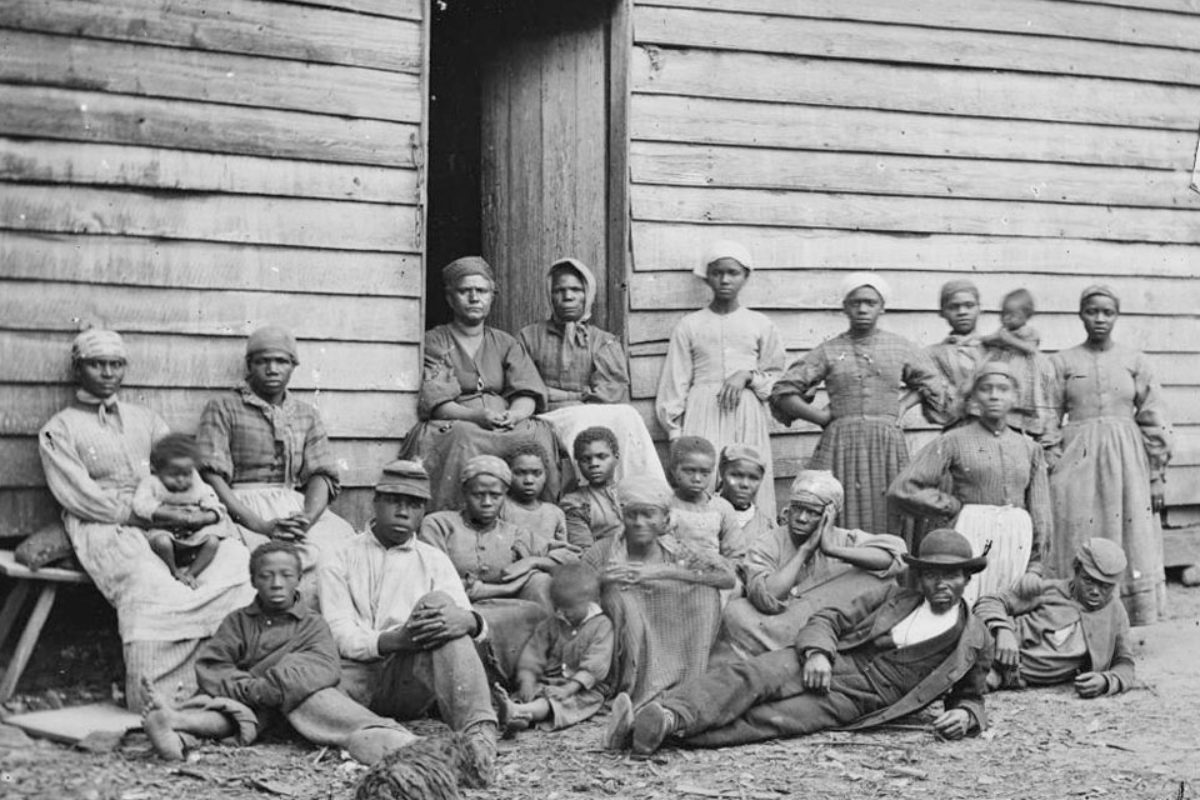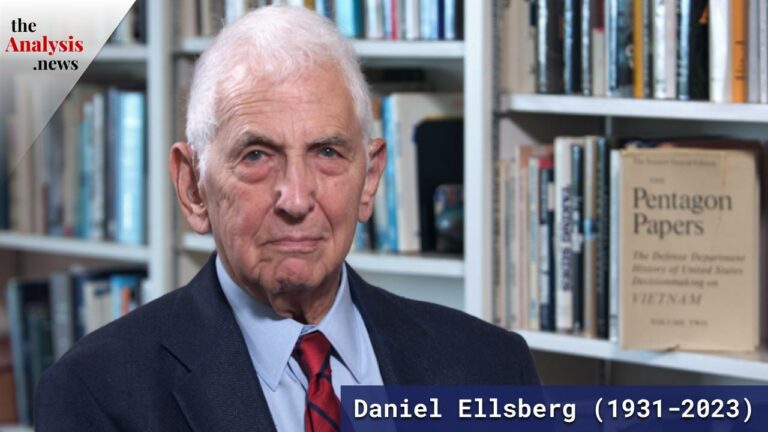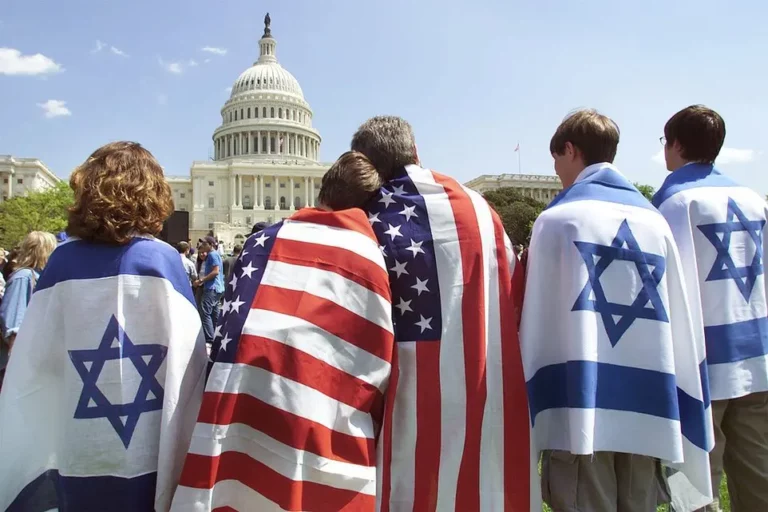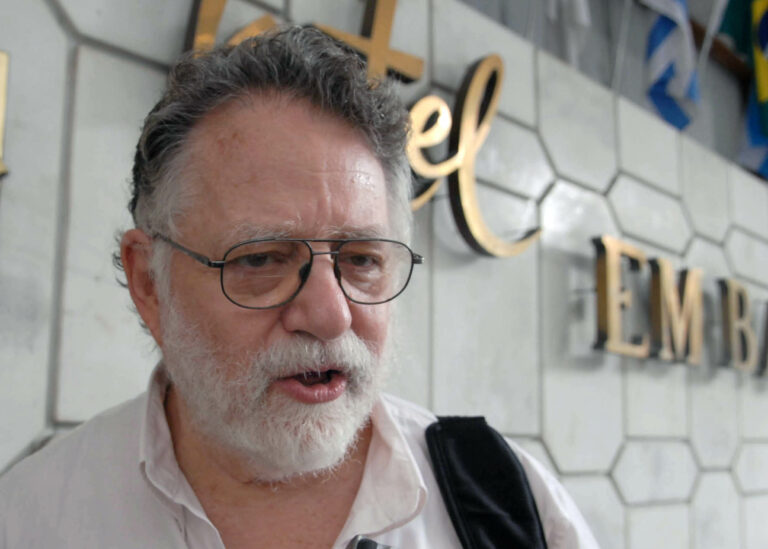Black Nationalism and the Peoples’ Movement – Glen Ford on Reality Asserts Itself Pt 3/5
On Reality Asserts Itself with Paul Jay: Glen Ford addresses the question whether black Americans constitute a nation, and if so, what is their role in the movement of the whole people. This is an episode of Reality Asserts Itself, produced December 25, 2013, with Paul Jay.
On Reality Asserts Itself, Glen Ford, executive editor of Black Agenda Report, talked with Paul Jay about the role of black politics within the black community and the nation as a whole.
Ford began with a discussion of two major tendencies in black politics.
“One is the self-determinationist tendency, that is, the political tendency that says black folks have every right to organize among each other for their own goals, regardless of what the larger society, i.e. white folks, think, and that that is legitimate,” said Ford.”
“There is also what I call the representationist strain, which says that black folks should have representation at all strata of the general society and that this can be achieved, and by–progress should be measured by the extent to which there are blacks in business, or blacks in politics, blacks in all of the various strata, and that this does not require any transformation of society.”
“These two tendencies coexist in conflict in every black brain,” said Ford. “And they are at war sometimes with each other. And I think that all black politics actually flows from this twoness, one the imperative to build a world that is worthy of black people, and the other to achieve black representation in the larger society.”
Ford and Jay also discussed the necessity of black leadership not just in black communities, but for the nation as a whole.
“If the black community is not organized in ways that reflect the progressive character of our people, then there is no possibility of an effective left movement for the country as a whole,” said Ford. “So the fate of progressive politics in the United States is dependent on this internal struggle in black America between those who want transformation of society and those who have attached themselves to the powers that be.”
STORY TRANSCRIPT
PAUL JAY, SENIOR EDITOR, TRNN: Welcome back to The Real News Network. I’m Paul Jay, and this is Reality Asserts Itself on The Real News Network. We’re continuing our series of interviews with Glen Ford, the executive editor of Black Agenda Report.
Thanks for joining us again, Glen.
GLEN FORD, EXECUTIVE EDITOR, BLACK AGENDA REPORT: Thanks for the invite.
JAY: And once again, if you want to know more about Glen’s biography, there’s stuff down here beneath the video player. But watch part one and part two. It’s kind of all about his biography.
But let’s start talking a little bit more about today’s politics. And there’s a phrase you use, self-determination, self-determinist. And I’m not quite sure whether that means for you that it’s connected with the concept of sort of black nations. You know. And in the history of American politics there’s been this concept even of a geographically cut out black nation in the South. When you use it, what does it mean?
FORD: Well, I’m of the school of thought that black Americans do constitute a nation. It’s not necessarily connected to a land base, although black folks’ origins–and grew into a people in, of course, the slave states in the South. But the idea that a people must have a designated land area in order to be a nation, it would logically follow that if you take away that land, they are no longer a nation. And, well, that doesn’t make sense. You can’t denationalize a people simply by driving them off the land or their migration away from the land.
JAY: You could actually–you know, as a Canadian, I can see you can somewhat compare it to Quebec in a way. I mean, you know, a population are, you know, either sent to or immigrate to or, in terms of pioneer, come to Quebec, and they’re essentially an extension of France. But over hundreds of years, it becomes the nation of Quebec. They’re no longer what they were when they arrived.
FORD: That’s right. And black America has a very, very unique history in terms of the diaspora, and it is over a period of generations that this unique people develop their own way of looking at the world, as all other people do, their own common reference points, their own internal dynamic in terms of creating leadership that has legitimacy, all of the characteristics that other national groupings share.
Black America has–there are basically two tendencies that have been in conflict ever since there’s been something that you could called black America. One is the self-determinationist tendency, that is, the political tendency that says black folks have every right to organize among each other for their own goals, regardless of what the larger society, i.e. white folks, think, and that that is legitimate.
There is also what I call the representationist strain, which says that black folks should have representation at all strata of the general society and that this can be achieved, and by–progress should be measured by the extent to which there are blacks in business, or blacks in politics, blacks in all of the various strata, and that this does not require any transformation of society.
Now, these are not two warring camps (and never have been) in black America with the self-determinationists lined up on one side of the room and the representationists lined up on the other. Actually, these two tendencies coexist in conflict in every black brain. And they are at war sometimes with each other. And I think that all black politics actually flows from this twoness, one the imperative to build a world that is worthy of black people, and the other to achieve black representation in the larger society.
JAY: ‘Cause it does have to be both, doesn’t it?
FORD: Well, in fact, one struggles on both levels.
And during the time of segregation, there was very little conflict between the two. That is, since black people were shut out almost totally from political office, shut out almost totally from business, shut out of white society entirely in this American apartheid system, then there was no conflict. Once the black movement opened doors so that black people could become involved in the corporate world, could become mayors and big political heavy hitters, then the contradictions between these two tendencies become clearer.
JAY: Well, I was about to say this also has a class character to this question, ’cause it’s one thing to seek representation in the corporate world or the world of elite politics, you know, this two-party system, and you could even become president. It’s one thing to have that. It’s another thing to have oppositional groups that are not only black, that are–you know, that include all people who you would think have an interest to fight the system, which will be made up of whites and Hispanics and blacks. So that issue of representation also exists in that front, does it not?
FORD: If having black faces in high places is the measure of black progress, then the attainment of a black president is the highest goal that we could possibly achieve or aspire to. But if black self-determination is the goal, then the disenfranchisement of Detroit and in fact half of the black population of Michigan shows us to be at a nadir of black struggle by that kind of measure.
JAY: But what I’m getting at is that this issue of–let me give you concrete, ’cause I see this in–you know, I’m new to Baltimore, but I can see it happening here, and I’ve seen it in other places, where the idea of self-determination in black organizations, when you’re talking in the oppositional amongst the people, not amongst the elites, can have a kind of thing–create a kind of politics where you have, like, white-left politics over here and black-left politics over here and not a heck of a lot of cooperation in between, a few organizations where you find black and white leadership, but certainly less now, I think, than there was in the 1960s. And what I’m saying is that this issue of self-determination has a different character based on class, that to become president, I’m not sure what that achieved for African-Americans to get a black president. I know you argue it may have been almost a step back rather than a step forward in terms of the effect on people’s preparedness to fight, but when you’re talking amongst oppositional forces it’s a different question, isn’t it?
FORD: Well, first of all, we still have a very deeply segregated society. So if we’re talking about black Baltimore, we’re talking about a segregated city. And so of coarse the organizations that are fighting for the various neighborhoods in Baltimore, which are black neighborhoods, are going to be producing essentially all-black organizations. That is to be expected.
If we’re talking about diversity as some kind of goal unto itself, I don’t think that that’s necessarily accepted as being the standard for organizing. You move people where they are. And if we are basically in a very segregated society, we’re going to have and should have organizations that reflect that reality.
JAY: Oh, no question. But I’ll give an example. We were having a conversation the other day about an organization that wants to try to influence the outcome of particular school, and they use the phrase–some of the people use the phrase–’cause I know within the organization there’s debate about this–there should be black control of the school. And so I asked, well, why isn’t it community control of the school? And one reason is that the city council is black. The person who’s standing in now–they’re looking for a new head of the department responsible for schools, but that person’s black. And if it’s just a question of black control of the schools, there kind of is black control of the school, because you have a black elite here that has these political positions. Community says–the people in the community–and there probably is 95 percent black people in that community, although I think there is a growing Hispanic population. I’m not sure if there’s a poor white–not much, but in that particular–.
FORD: And if that community is not choosing the people who in fact control the schools, then we don’t have black control. We just have black folks who are in nominal positions of power. But there is not black power.
JAY: Not if you add a class character to it.
FORD: Not if you add just a popular character to it.
JAY: Well, they–well, I mean, not many people voted, but they voted.
FORD: If the 95 percent black community was actually empowered, you would logically have black folks in charge, but they would be folks who were representing that community, not black folks who were chosen by, let’s say, the bankers to put a black face on banker rule of the community. And we can make that analogy going all the way up to the presidency.
JAY: Yeah. I mean, but–so then what’s stopping that?
FORD: Actually, there’s no contradiction, and I think it’s a false dichotomy.
JAY: No, I mean, why aren’t–. No, no. I’m saying then why aren’t black–like, in a city like Baltimore–I mean, you’re not from here, but I don’t think it’s too dissimilar in other places, maybe, but there isn’t much going on other than the official candidates in the official party machine, and there isn’t much of a challenge to them.
FORD: Yes. Almost all black political activity has been sucked up into the Democratic Party. And even if all the operatives in a ward or most of them in the city itself are black, the Democratic Party is beholden to other forces in society, cannot move without the okay of those other forces. And so even if you seem to have a black Democratic Party on the march, they’re marching to somebody else’s tune.
JAY: Let me go back to one point you made earlier. I mean, I think you’re completely correct. In a majority black city, and you start dealing with local issues, you’re going to have majority if not completely black organizations, that is, the people who are being affected. But I’m talking about a need for when you’re taking on broader issues or if you actually want to deal with state-wide politics, you know, there is going to be a need for united fronts, there’s going to be a need for organizations that are not all black if you want to win. I mean, you cannot control, for example, the state of Maryland just with a black organization. Even in the city of Baltimore, especially if you include the county, there’s a large nonblack population, and there’s a lot of people who have a lot of interest to try to change the situation as well. And I don’t think there’s any doubt African-Americans are suffering the most in the situation, but there are a lot of other people suffering too.
FORD: Sure. And, you know, let’s forget about the complexional aspects of this. Black America is the most left-leading constituency in the United States.
JAY: Yeah, without a doubt.
FORD: The social justice issue has always been central to black politics, but that does not mean that there is not conflict. And the conflict stems from the basic social justice progressivism of black folks in the rank-and-file and those leaders who have been chosen and given access to the implements of at least nominal power by forces outside of the community. So we have to wage constant struggle within the community not to just have black faces in place, but to have democracy within this black nation. And if we have democracy, then we will have a kind of representation that is quite to the left of the rest of America.
JAY: And does that force, if you have this as this process unfolds–and I think eventually it has to–does not this force have to help lead the whole rest of the society?
FORD: By definition. If we’re talking about a takeover of the state of Maryland, the black component of that coalition, if it is actually reflective of the constituency, should be the most progressive element of that coalition. It should be the driving force for whatever progressive value that coalition has.
JAY: Yeah, ’cause, I mean, that’s some of the conversations I’m getting into here as I’m trying to understand the politics here is that, you know, the best and brightest and, to my mind, most progressive of the African-American community, they have to start imagining that they’re going to be the leaders of the whole society.
FORD: Well, Dr. King–.
JAY: It doesn’t mean they don’t also organize as a people, but they also have to organize and be leaders of the whole people.
FORD: That’s what Dr. King was talking about when he said that black folks–and I’m paraphrasing in here–have the burden of having to be the soul of America. And he saw it as a burden that we not only have our internal struggle with our Uncle Toms of old (and we have different names for the now), but there is also the fact that if the black community is not organized in ways that reflect the progressive character of our people, then there is no possibility of an effective left movement for the country as a whole. So the fate of progressive politics in the United States is dependent on this internal struggle in black America between those who want transformation of society and those who have attached themselves to the powers that be.
JAY: Alright. To be continued. Thanks very much for joining us. Thank you, Glen.
FORD: Thank you.
JAY: And thank you for joining us on Reality Asserts Itself on The Real News Network.
END
Podcast: Play in new window | Download






